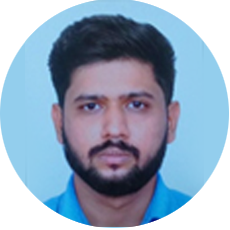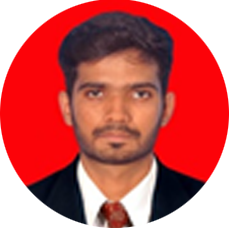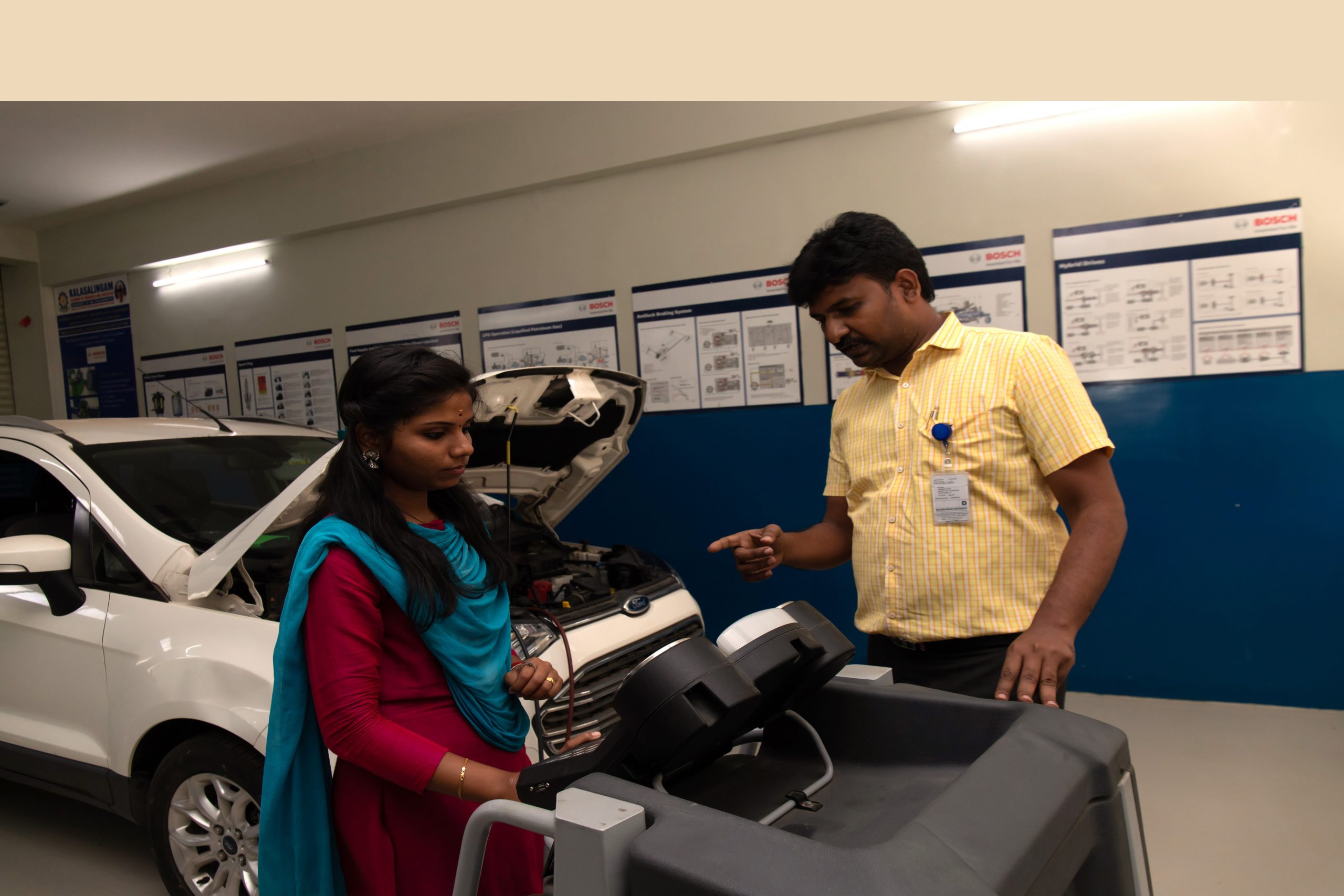

To be a Centre of Excellence in Education and Research in Automobile Engineering, to meet the ever-changing needs of the global automotive industry and the society.


To impart quality technical education and training to the students enabling them to excel in their professional career with a high degree of integrity and ethical standards’
Started in the year 2011, the department offers B.Tech programmes in Automobile engineering, M.Tech. programme in Automotive Systems Engineering and M.Tech programme in Manufacturing Engineering the department of automobile engineering closely working with the industry experts from the companies like Ford, Hyundai, BMW, Ashok Leyland ,TAFE etc to prepare the students industry ready . The department is known for its excellent corporate relations with industry giants like Ford Motors, Tractors and Farm Equipment (TAFE) and so on..The department always strives for excellence in advanced research and “Centre of Advanced Machining”, which is the research aspect of the department is sponsored by the Department of Atomic Energy – Board of Research in Nuclear Science (DAE-BRNS), Mumbai and Ministry of Environment, Forest and Climatic Change (MOEFC). The programme is accredited by ABET (USA), an international accreditation body for engineering and technical education. The Department of Automobile Engineering puts massive efforts to deliver uncomparable automobile engineering education using advanced teaching pedagogy and learning support for undergraduate students. The department provides state of the art research infrastructure for postgraduate candidates. The faculty of the B.Tech- Automobile Engineering motivates students to think out of the box as a practice which resulted in winning several awards in competitions. The B.Tech Automobile engineering programme is offered in collaboration with SIEMENS.
At Kalasalingam Academy of Research and Education, we believe in the practical nature of the domain and focus on learning by doing it practically. The curriculum is reviewed and revised regularly keeping in mind the latest developments in the field to keep students updated with the global standards. The department also arranges for industrial visits in leading industries such as: Ashok Leyland, Kerala Automobiles, Ammarun Foundries Pvt. Ltd., TAFE Ltd. and encourages students to participate in co-curricular and extracurricular activities to ensure a holistic development. Kalasalingam University has collaborated with the companies such as: Ashok Leyland, UCAL Fuel Systems, Think and Learn, NCR Corporation to enable the opportunity of Internship to the students. The department frequently organizes conferences, seminars, guest lectures, workshops, symposiums and training programmes to maximise the impact of classroom education.
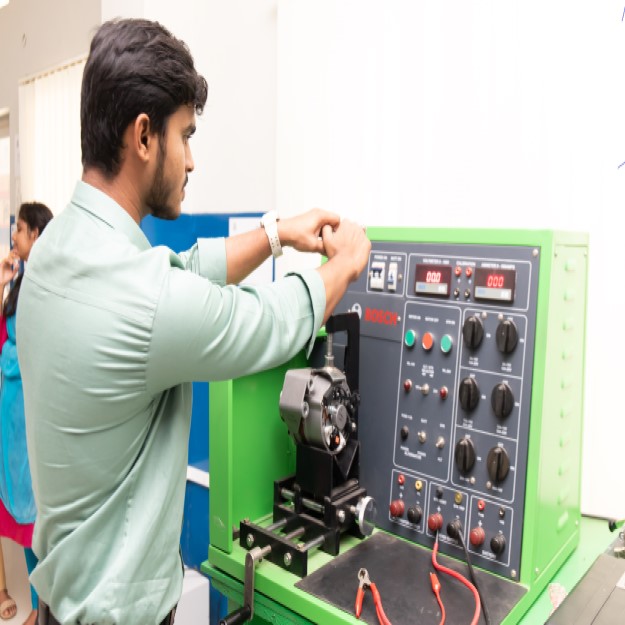
Thermodynamics Lab
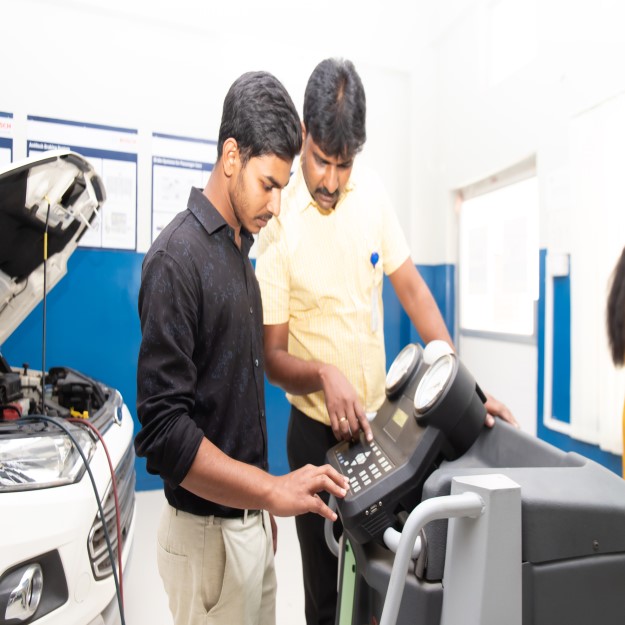
Materials Lab
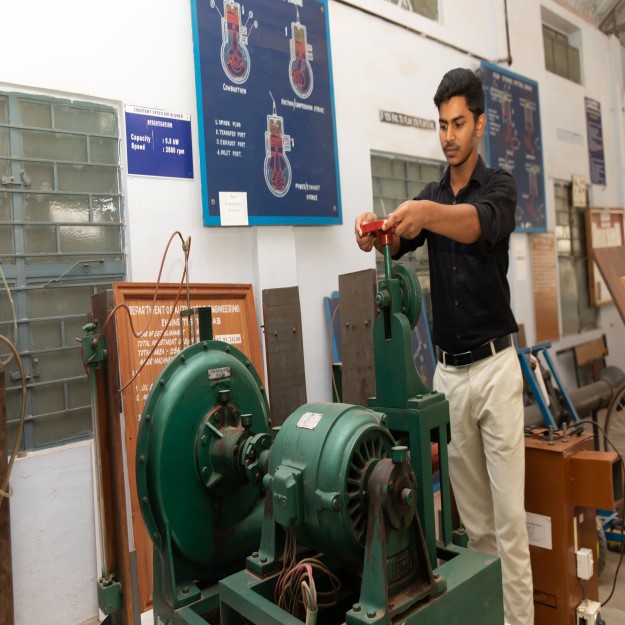
Labs
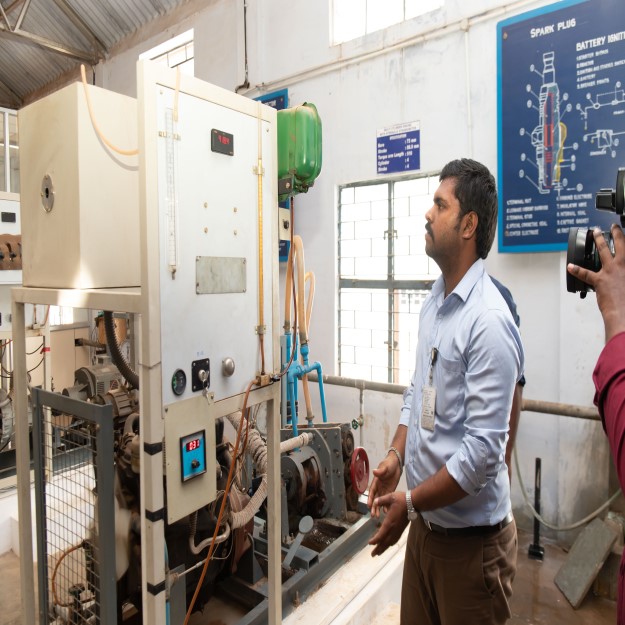
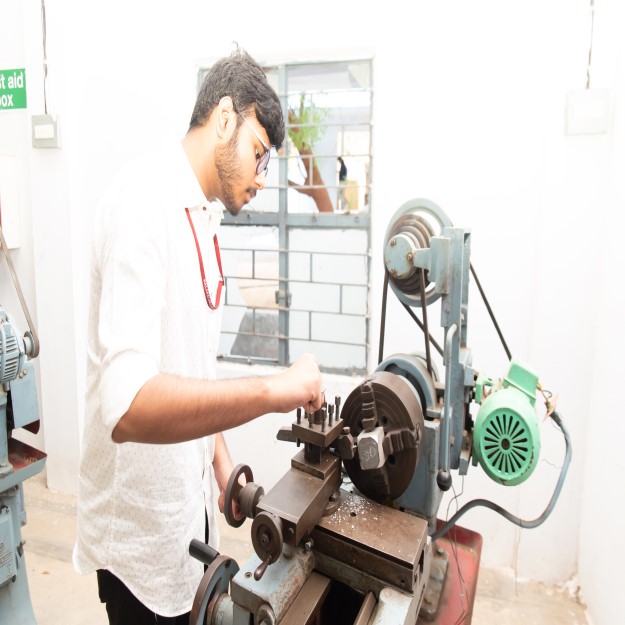
Labs
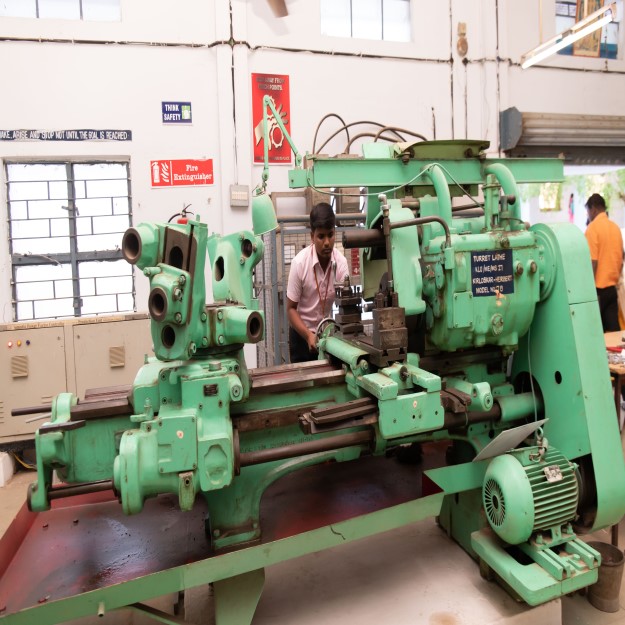
Labs
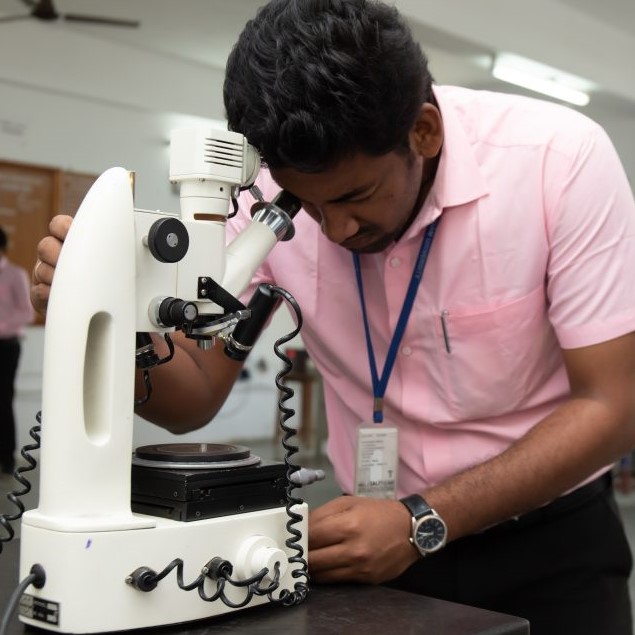
Labs
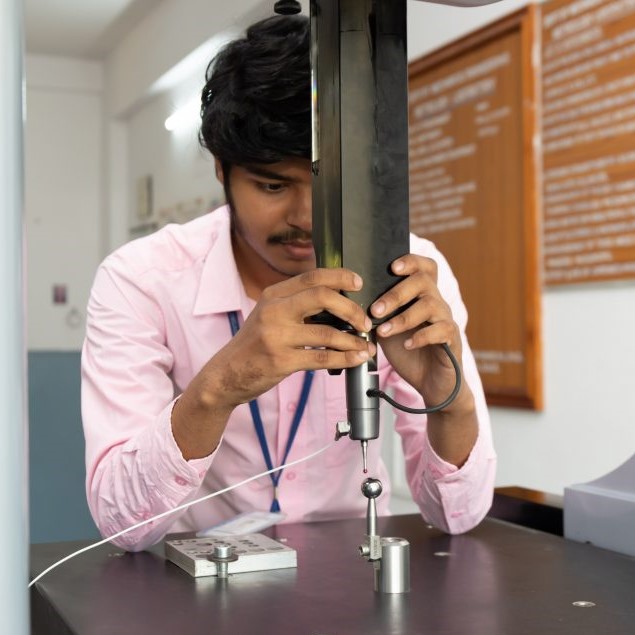
Labs
Program Educational Objectives (PEO)
Graduates of B.Tech. Automobile Engineering will able to
PEO 1: Pursue higher studies or be employed in automobile or allied disciplines.
PEO 2: Be a successful entrepreneur in creating jobs related to automobile or related engineering fields.
PEO 3: Promote ethics, sustainability and environmental responsibility in their practice.
Program Outcomes (PO)
PO1: Engineering knowledge: Apply the knowledge of mathematics, science, engineering fundamentals, and an engineering specialization to the solution of complex engineering problems.
PO2: Problem analysis: Identify, formulate, research literature, and analyze complex engineering problems reaching substantiated conclusions using first principles of mathematics, natural sciences, and engineering sciences.
PO3: Design/development of solutions: Design solutions for complex engineering problems and design system components or processes that meet the specified needs with appropriate consideration for the public health and safety, and the cultural, societal, and environmental considerations.
PO4: Conduct investigations of complex problems: Use research-based knowledge and research methods including design of experiments, analysis and interpretation of data, and synthesis of the information to provide valid conclusions.
PO5: Modern tool usage: Create, select, and apply appropriate techniques, resources, and modern engineering and IT tools including prediction and modeling to complex engineering activities with an understanding of the limitations.
PO6: The engineer and society: Apply reasoning informed by the contextual knowledge to assess societal, health, safety, legal and cultural issues and the consequent responsibilities relevant to the professional engineering practice.
PO7: Environment and sustainability: Understand the impact of the professional engineering solutions in societal and environmental contexts, and demonstrate the knowledge of, and need for sustainable development.
PO8: Ethics: Apply ethical principles and commit to professional ethics and responsibilities and norms of the engineering practice.
PO9: Individual and team work: Function effectively as an individual, and as a member or leader in diverse teams, and in multidisciplinary settings.
PO10: Communication: Communicate effectively on complex engineering activities with the engineering community and with society at large, such as, being able to comprehend and write effective reports and design documentation, make effective presentations, and give and receive clear instructions.
PO11: Project management and finance: Demonstrate knowledge and understanding of the engineering and management principles and apply these to one’s own work, as a member and leader in a team, to manage projects and in multidisciplinary environments.
PO12: Life-long learning: Recognize the need for, and have the preparation and ability to engage in independent and life-long learning in the broadest context of technological change.
Program Specific Outcomes (PSO)
PSO 1: Employ mathematical, science and engineering technology to analyze real time problems involving design and development of automotive technology.
PSO 2: Design, investigate, and build virtual and real models, using applied computer technologies to satisfy the emerging needs of automotive society.
PSO 3: Sustain a position as an administrator, leader or supporter of a team in an automotive industrial environment with ethical standards.
PSO 4: Continue to enrich domain knowledge through lifelong learning to communicate and manage futuristic automotive system.
ABET Student Outcomes (ASO)
An ability to identify, formulate, and solve complex engineering problems by applying principles of engineering, science, and mathematics.
An ability to apply engineering design to produce solutions that meet specified needs with consideration of public health, safety, and welfare, as well as global, cultural, social, environmental, and economic factors.
An ability to communicate effectively with a range of audiences.
An ability to recognize ethical and professional responsibilities in engineering situations and make informed judgments, which must consider the impact of engineering solutions in global, economic, environmental, and societal contexts.
An ability to function effectively on a team whose members together provide leadership, create a collaborative and inclusive environment, establish goals, plan tasks, and meet objectives.
An ability to develop and conduct appropriate experimentation, analyze and interpret data, and use engineering judgment to draw conclusions.
An ability to acquire and apply new knowledge as needed, using appropriate learning strategies.
The department of automobile engineering faculty members actively participate in the research activities which resulted 154 journal articles in peer reviewed journal,2 books as well as 35 book chapters. About 11 projects which are funded by various funding agencies like DRDO,DST,BRNS, Ministry of Environment and Forest worth of INR 2 core are ongoing in the department.
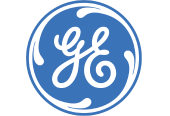
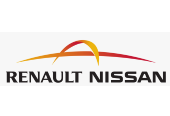
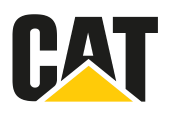
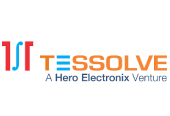

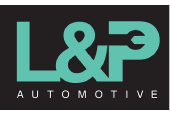
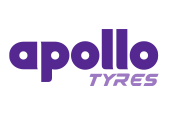

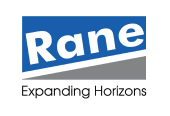
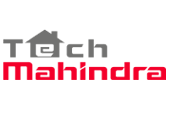




















The students of Automobile Engineering participate in numerous “National & International Events”. Students are prepared to compete in major events such as the Indian Karting Championship and other racing competitions regularly, Some of the innovative product developed by students are Portable Biodiesel Plant (Prototype Developed by the team of S.Blessings Raja Devadoss, R.Sameeth Raj, V.Saravanan and R.Vijay Kumar), Aqua Monitoring System (Prototype Developed by the team of P.Sravan, K.Sravanth Kumar, S.Bagavathi, T.S.NandaKumar) and Low Noise Muffler (Product Developed by the team of P.Nitish, B. Perumal Adhi Jagannatha, V. Prathish).

Those four years of my life have been the most memorable and gave me those moments that will be cherished forever. Kalasalingam University gave me the best of education, best of friends and the best of fun. Apart from the eminent faculty, flexible curriculum, the diversity of students in terms of socio-economic background, culture, language and religion gives Kalasalingamites a unique advantage – the ability to thrive in this fast-globalizing economy. Last but not the least, I owe KARE for what I am today and I am happy that I made the right decision to join KARE.
Mr. Rajaprasanna, (2013-17)
Lead Engineer,
Yanmar Engine Manufacturing, Chennai.
